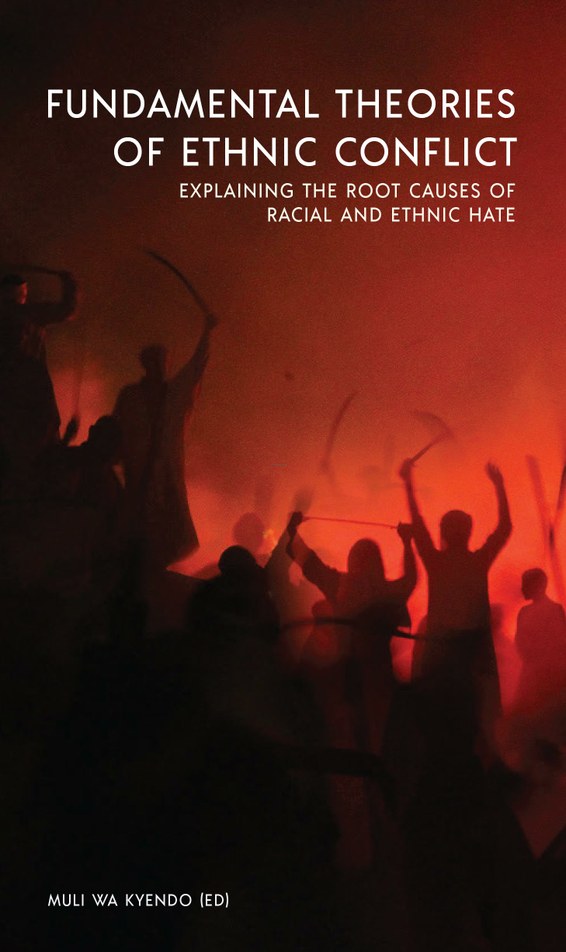|
Try answering this one. What is a fiction story all about: Action or character?
The answer is Character.
Unfair you say?
I just wanted to start you thinking. No matter what else happens in your story, what could be more important than what happens to your characters?
Surely, as a writer, you totally care for your characters. Sometimes you hurt them because they have behaved badly. But tell me. Have you ever cried for one of them? I hope you have.
Yes, it’s surely weird to create a character and then cry for their fate. Maybe that's why some folks think writers are strange!
In any case, let's agree that character development is key to a worthwhile story. In this view, ask, for s start...
How does the character handle problems?
Does the character solve problems and, if so, does the character grow as a person or help others?
Does the reader come to care for the character? Why or why not?
What else do you find important?
I leave the rest to you. Just send your answers to me at cookcomm@gmail.com and, in future newsletters, we can go further in analyzing character development in fiction.
 Fundamental Theories of Ethnic Conflict, by Muli wa Kyendo (ed.)
Fundamental Theories of Ethnic Conflict, by Muli wa Kyendo (ed.)
Description
This book develops and expands on theories that aim at explaining the root causes of ethnic and racial conflicts. The aim is to shift focus from research, policies and strategies based on tackling the effects of ethnic and racial conflicts, which have so far been ineffective as evidenced by the increase in ethnic conflicts, to more fundamental ideas, models and strategies. Contents extend across many disciplines including evolution, biology, religion, communication, mythology and even introspective perspectives.around the world.
Drawn from around the world, contributors to the book are respected and experienced award winning authors, scholars and thinkers with deep understanding of their special fields of contribution. The book was inspired by the conditions in Kenya, where ethnic violence flared up with terrifying consequences following a disputed election in 2008. Although the conflict was resolved by the intervention of the international community, Kenyans – like many other Africans - continue to live in fear of ethnic conflicts breaking out with more disastrous consequences. The book will be useful to policy makers, NGOs and others involved in promoting peace. It will also be useful in guiding research and as a text book in universities and colleges.
Handbook of Research on Examining Global Peacemaking in the Digital Age, Bruce L. Cook (ed.)
Description
Violent behavior has become deeply integrated into modern society and it is an unavoidable aspect of human nature. Examining peacemaking strategies through a critical and academic perspective can assist in resolving violence in societies around the world.
The Handbook of Research on Examining Global Peacemaking in the Digital Age is a pivotal reference source for the latest research findings on the utilization of peacemaking in media, leadership, and religion. Featuring extensive coverage on relevant areas such as human rights, spirituality, and the Summer of Peace, this publication is an ideal resource for policymakers, universities and colleges, graduate-level students, and organizations seeking current research on the application of conflict resolution and international negotiation.
Visit our sister web sites..
http://www.author-me.com/
http://www.authormepro.com
http://www.reservebooks.com/
http://www.strategiesforpeace.org/
http://www.sudanlit.com/
http://www.cookcom.net/
http://www.innisfreepoetry.org
We have developed a world peace website: www.wwpo.org
Publishing New Writers,
June, 2020 (vol. 21, no. 6)
Publisher:
Dr. Bruce L. Cook
1407 Getzelman Drive
Elgin, IL 60123
Submissions/comments cookcomm@gmail.com. Links are welcome. To subscribe and/or review our archive of past newsletters, go to
http://www.author-me.com/newslist.htm